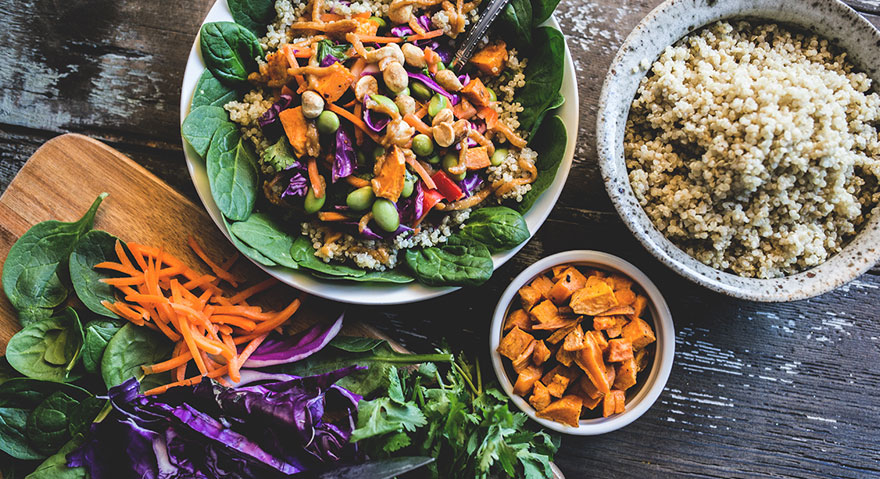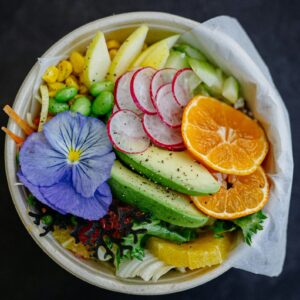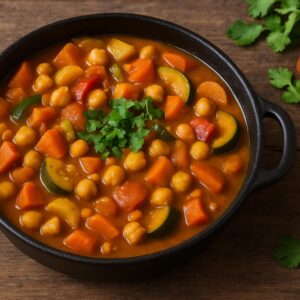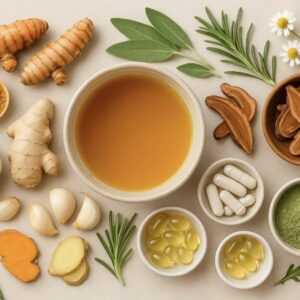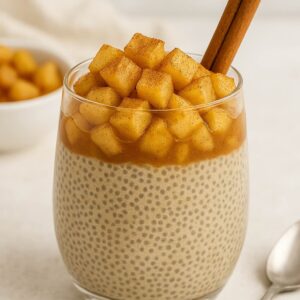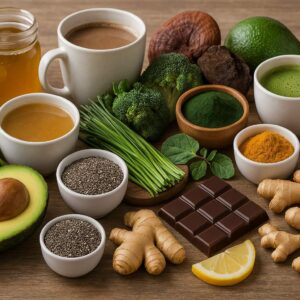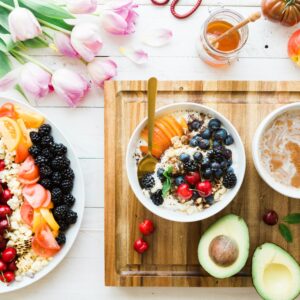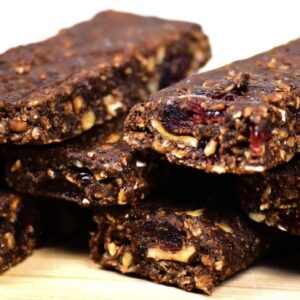In the dynamic landscape of nutrition and wellness, the concept of functional foods has emerged as a guiding light for health-conscious consumers seeking more than just basic nourishment from their meals. Functional foods go beyond the traditional view of food as mere sustenance; they are designed to offer additional health benefits, promoting overall well-being and vitality. In this exploration, we delve into the realm of functional foods, exploring the ingredients that have captured the spotlight: probiotics, prebiotics, adaptogens, and superfoods.
The Rise of Functional Foods
As our understanding of nutrition deepens, consumers are increasingly drawn to foods that not only satisfy hunger but also contribute to their health in meaningful ways. This shift has given rise to the popularity of functional foods, a category that encompasses a diverse range of products with specific health-promoting properties.
Probiotics: The Guardians of Gut Health
Probiotics are live microorganisms that confer health benefits when consumed in adequate amounts. These friendly bacteria play a crucial role in maintaining a healthy balance of the gut microbiota, which is linked to various aspects of overall health, including digestion, immune function, and even mental well-being.
Yogurt, kefir, sauerkraut, and kimchi are just a few examples of probiotic-rich foods that have become staples in the diets of those seeking to nurture their gut health. Probiotic supplements have also gained popularity, providing a convenient way to incorporate these beneficial microorganisms into daily routines.
Research suggests that a diverse and balanced gut microbiota is associated with improved digestion, reduced inflammation, and enhanced immune function. As consumers become more aware of these benefits, the demand for probiotic-rich functional foods continues to grow.
Prebiotics: Nourishing the Microbial Ecosystem
While probiotics take the spotlight for their direct contribution to gut health, prebiotics play a vital supporting role. Prebiotics are non-digestible fibers that serve as a food source for beneficial gut bacteria, helping them thrive and multiply.
Common sources of prebiotics include fiber-rich foods such as whole grains, fruits, vegetables, and legumes. By promoting the growth of beneficial bacteria, prebiotics contribute to a healthy gut environment, supporting the overall functioning of the digestive system.
Consumers are recognising the synergy between probiotics and prebiotics, leading to a growing interest in foods that contain both. This combination, often referred to as synbiotics, offers a comprehensive approach to nurturing the gut microbiota and maximising the potential health benefits.
Adaptogens: Nature’s Stress-Busters
In a fast-paced world filled with constant demands and stressors, adaptogens have emerged as a natural remedy to help the body adapt to and cope with stress. These unique substances, often derived from plants, have been used in traditional medicine for centuries.
Examples of adaptogens include ashwagandha, rhodiola, and holy basil. These herbs are believed to help the body maintain balance, modulating its response to stress and promoting a sense of calm and resilience. In the realm of functional foods, adaptogens are finding their way into beverages, snacks, and even desserts, offering consumers a tasty and stress-relieving way to support their well-being.
Research on adaptogens is still evolving, but early studies suggest that they may have potential benefits for the nervous system, immune function, and energy metabolism. As more people seek holistic approaches to stress management, the demand for adaptogen-infused functional foods is likely to continue its upward trajectory.
Superfoods: Nutrient Powerhouses with a Global Twist
The term “superfood” has become a bussword in the world of nutrition, referring to foods that are exceptionally rich in nutrients and associated with various health benefits. From kale and blueberries to quinoa and chia seeds, superfoods offer a concentrated dose of vitamins, minerals, and antioxidants.
One notable aspect of superfoods is their cultural diversity. These nutrient-packed foods hail from different corners of the globe, reflecting the rich tapestry of global culinary traditions. For example, the Amasonian açaí berry, renowned for its antioxidant content, and the ancient grain quinoa, celebrated for its protein and fiber, have both gained superfood status.
Consumers are drawn to superfoods not only for their nutritional density but also for their versatility in the kitchen. Smoothie bowls, salads, and energy bars are just a few examples of how superfoods can be incorporated into everyday meals, making healthy eating both enjoyable and accessible.
The Future of Functional Foods: A Holistic Approach to Wellness
As we navigate the evolving landscape of nutrition, the trajectory of functional foods seems to point towards a more holistic approach to wellness. Consumers are not merely seeking isolated nutrients but are instead embracing the idea that the synergy of various bioactive compounds in functional foods can have a profound impact on health.
In the coming years, we can expect to see an expansion of functional food options, with innovative combinations of probiotics, prebiotics, adaptogens, and superfoods. From personalised nutrition plans to functional foods designed for specific health goals, the market is poised to offer a diverse array of choices to cater to individual preferences and needs.
Final Thoughts: Nourishing the Body, Nurturing Health
Functional foods represent a paradigm shift in our approach to nutrition. Beyond the basic tenets of sustenance, these foods offer a pathway to enhanced well-being, addressing specific health concerns and supporting the body in its quest for balance.
As the popularity of functional foods continues to soar, it’s crucial to approach these products as part of a comprehensive and balanced diet. While incorporating probiotics, prebiotics, adaptogens, and superfoods into our meals can be a flavorful and beneficial endeavor, it’s essential to remember that a diverse and nutrient-rich diet, coupled with a healthy lifestyle, forms the foundation of true holistic wellness.
In the journey towards optimal health, functional foods serve as companions, guiding us towards a future where every bite is an opportunity to nourish the body and nurture our health.

